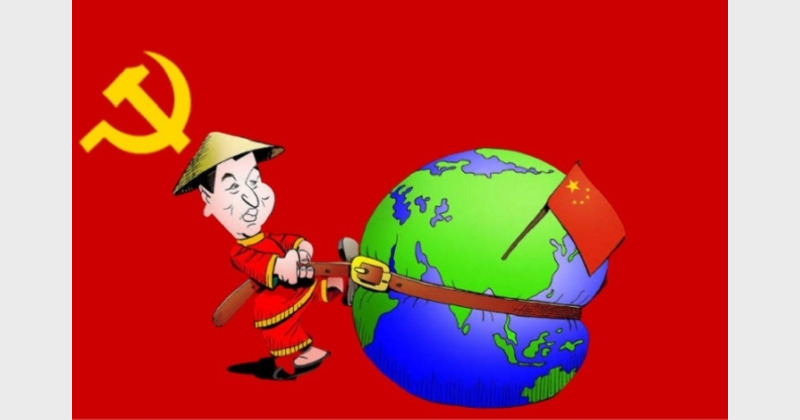Virendra Pandit
New Delhi: Nearly a decade after launching its ultra-ambitious Belt and Road Initiative (BRI) amid much fanfare and sinking around a hundred billion US dollars across mostly incomplete 1,700-odd projects on three continents, China may have discovered that the behemoth, planned as the Dragon’s hunting zone, may have morphed into a white elephant.
Last week, a London-based NGO, The Democracy Forum, organized a virtual seminar on whether the BRI has lost its luster. Speakers said while the mega-project improved connectivity, expanded trade, and opened up international cooperation in science and technology, the media reported concerns over ‘debt traps’ and environmental destruction.
The event’s moderator, Humphrey Hawksley, a former BBC Asia Editor, said the BRI had captured China’s vision to step in where Western democracies had not and build an infrastructure that so many countries needed to develop. However, what unfolded in nations such as Sri Lanka, Nicaragua, and the Solomon Islands has turned out more complicated, acrimonious, and political, as these countries drowned in debt and social unrest.
Underling that the BRI is the largest transnational infrastructure program ever undertaken by a single country, Forum’s President Lord Bruce said now China is actually facing its first overseas debt crisis because of the projects it has funded, with loans issued in recent years turning bad at an unprecedented rate.
He said that many of the BRI-supported programs are facing major implementation problems and quoted German Chancellor Olaf Scholz’s recent claim that ‘the next major debt crisis in the global south will stem from loans that China has granted worldwide.’
Bruch said this unprecedented and widespread debt pressure facing China is fast turning into the country’s biggest challenge of economic statecraft.
According to Claire Chu, a senior China analyst, while the BRI has served its intended purpose and continues to evolve both functionally and rhetorically, it has indisputable systemic flaws, including implementation delays, financial mismanagement, and corruption.
On issues such as environmental concerns, Chu cited cases of China using force to dispel protestors. This is an area where partner interests, Chinese interests, and environmental concerns clash.
Dr. Ingrid d’Hooghe, a Senior Research Associate at the Clingendael Institute’s China Centre, said the beneficiary countries under the BRI have become increasingly dependent on China to educate their younger generations, which may reduce their capacity for making policy decisions running counter to Chinese interests.
Dr. Una Alexandra Berzina-Cerenkova, Director of the China Studies Centre at Riga Stradins University, examined the BRI’s impact on the European Union, particularly the Nordic-Baltic region, and said the initial enthusiasm had petered out. At least in this part of the world, she said, the BRI has already lost its luster.
About the effect of Russia’s war in Ukraine, the Chinese calculations, and the future of the BRI, she said China was ‘too close for comfort’ to Russia.
TDF Chair Barry Gardiner MP highlighted the key military aspects of the BRI, saying that China is very unlikely to let its interests slip into jeopardy and will therefore develop the military capacity to enforce those claims.

